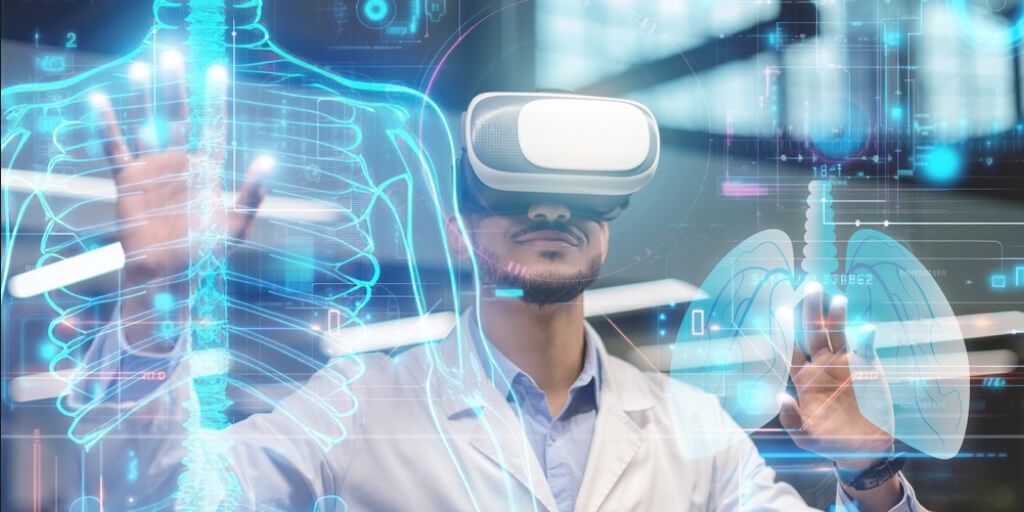
There are many transformations that are happening or are waiting to happen in modern healthcare. The usage of AI in healthcare is one such development that has been seen in recent years. It can help in a variety of aspects right from the diagnosis to providing a second opinion. This is possible because of the vast knowledge that has been stored in its database and can be used by anyone to make highly accurate decisions.
ChatGPT is an AI tool that helps in the generation of texts and can have natural language conversations which makes it a typical example of generative AI. This blog ponders upon the impact that generative AI like ChatGPT can have in the healthcare industry and their pros as well as cons.
ChatGPT- What is it?
ChatGPT is an innovative generative AI that is a classic example of using cutting-edge technology to have human-like conversations. It was developed by OpenAI and has predecessors like GPT 3.5 and GPT 4. It has gained a large amount of data from different sources and regular updates. It can display fluent responses based on the input from the user and has thus gained a lot of attention from even those who are new to the concept of AI. The ability to display results even through human language responses makes it extremely easy to use.
ChatGPT- The Mechanism behind its working
ChatGPT operates on a technique called deep learning which has been learning from a variety of datasets that comprise a wide range of texts. The extensive training helps ChatGPT to respond to various inputs even in human language including prompts, queries, and conversational inputs.
How is ChatGPT Different from the older versions?
ChatGPT is different from the previous versions due to its ability to ask questions when needing clarity, acknowledge the errors it has made, and challenge incorrect information. ChatGPT has been carefully designed to reject any inappropriate requests made to it. The interactions that one has with ChatGPT are more human-like and engaging. The ability to adapt to different tasks by using in-context learning techniques makes it a versatile option since it can quickly grasp new information and enhance its performance based on input.
ChatGPT -Transforming the Healthcare industry
There are many ways in which one can apply ChatGPT, machine learning, and generative AI in healthcare to make the scenario better and the process easy.
Benefits of Chat GPT in the Healthcare industry
Enhancing accuracy and efficiency:
ChatGPT helps in reducing the scope of human error and avoiding any biases. It can help save time and avoid any delays in diagnosis as well as do a task repeatedly that would otherwise require a lot of human effort.Enhancing accessibility and availability:
It helps more people access healthcare services and thus reduces the time that one might spend while waiting for a doctor's appointment. You can get information 24 x 7 and get rid of any issues associated with language or location barriers.Enabling personalization and innovation:
ChatGPT makes it possible to tailor the healthcare experience to individual users' unique needs and preferences by taking care of the information entered by the user. It helps in reaching a conclusion faster by providing all possibilities that may be difficult to attain through human intelligence alone.Challenges that Chat GPT and Generative AI pose in Healthcare
Conclusion
ChatGPT is one of the most used tools in today's world to make all the tasks easier and get reliable information on any topic that may be out of the commonly used tools in today's world to help in advancement and continuous growth even in the healthcare sector. But it is also essential to make sure that you take care of its limitations and capacity as well as correlate the findings with a healthcare professional as well.
Follow us: